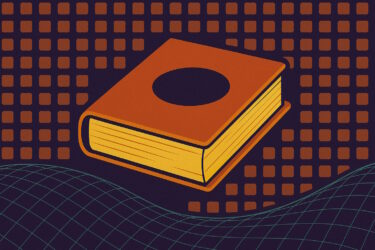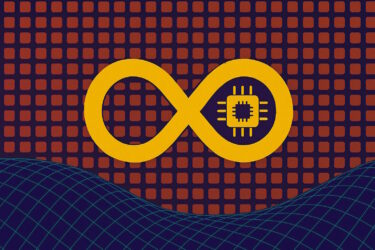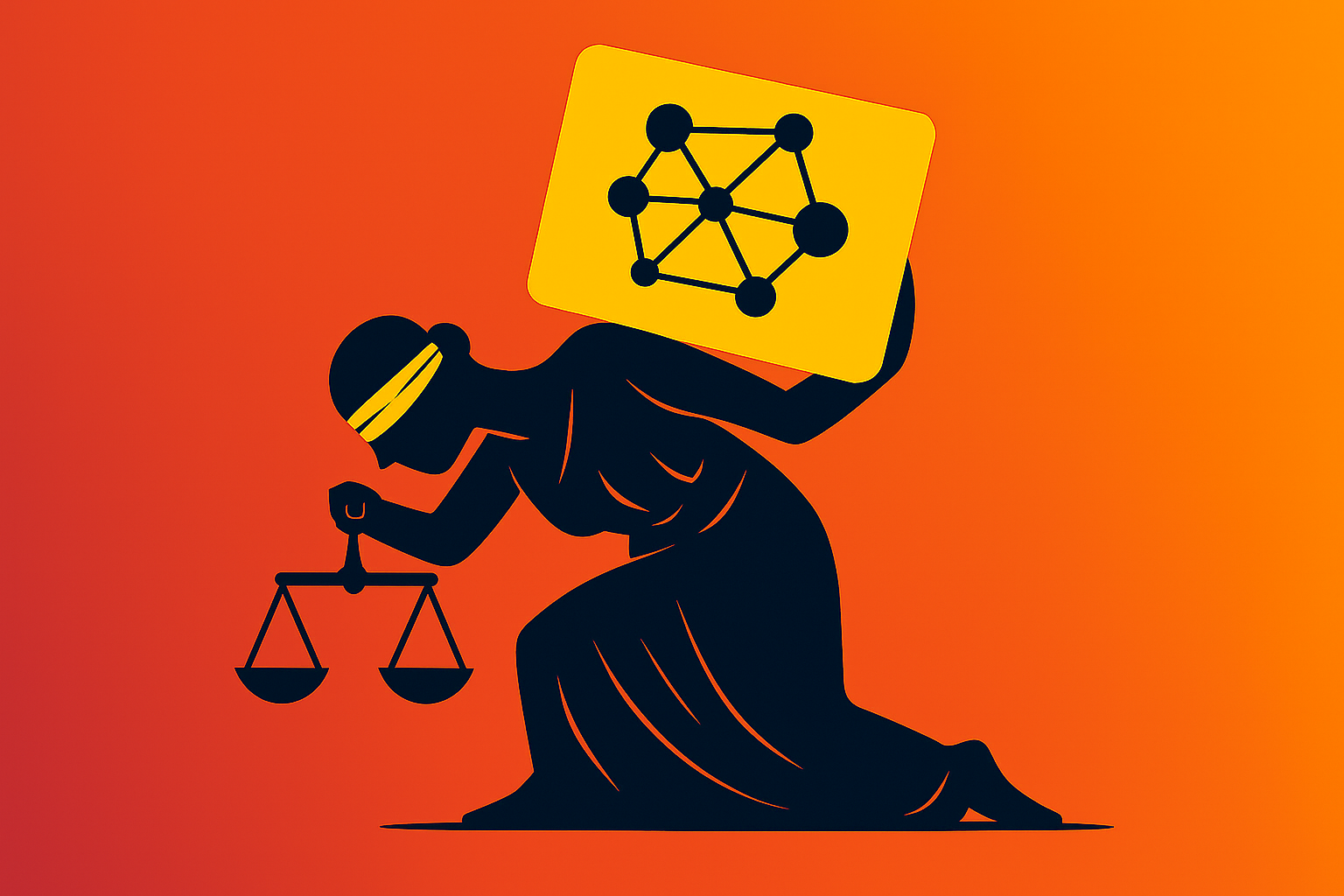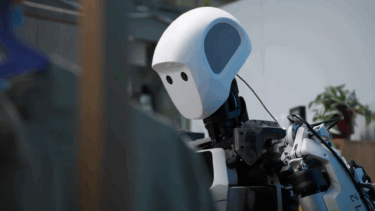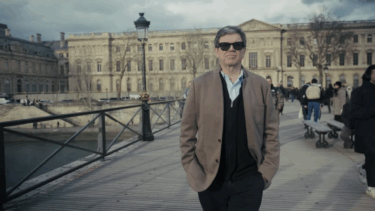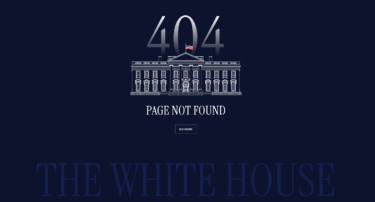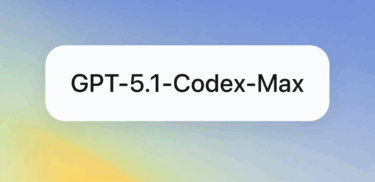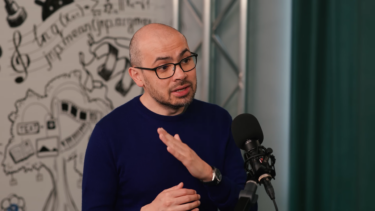Deep Cogito positions its latest release as the "best open-weight LLM by a US company." Deep Cogito has released Cogito‑v2.1‑671B, a finetune built on a Deepseek base model from November 2024 (presumably Deepseek R1‑Lite, since Deepseek‑V3‑Base did not ship until December). After retraining the model internally, Deep Cogito says it now competes with top closed and open systems and outperforms other US open models like GPT‑OSS‑120B.
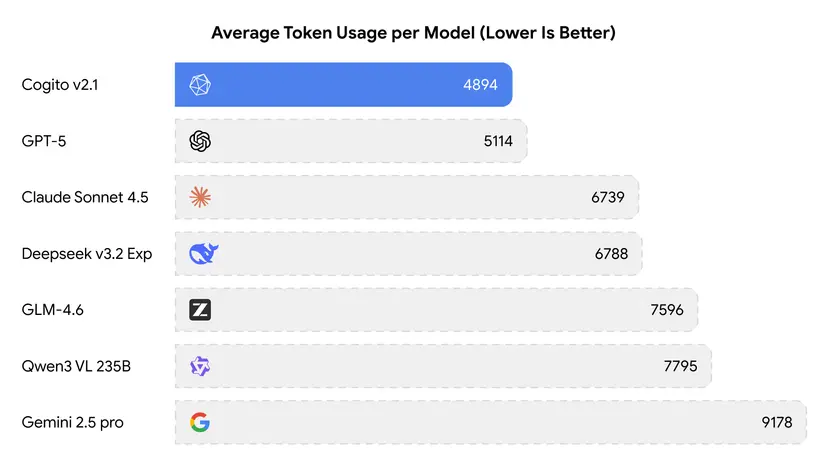
According to Deep Cogito, Cogito v2.1's main advantage is efficiency. The model uses far fewer tokens on standard benchmarks than comparable systems, which can lower API costs. The team also trained it with process monitoring for thought steps, allowing it to reach conclusions with shorter reasoning chains. They report improvements in prompt-following, programming tasks, long-form queries, and creativity. Users can try the model for free through chat.deepcogito.com, where the developer says no chats are stored. The model weights are available on Hugging Face, and smaller editions are planned.
Adobe, Qualcomm, and Humain have announced a partnership to build AI tools focused on Arabic content and the broader Middle East market. The collaboration was unveiled at a US-Saudi investment forum held during Saudi Crown Prince Mohammed bin Salman’s visit to Washington.
Adobe plans to integrate the Arabic-language model Allam into its software for marketing, film, and television. In return, Humain will use Adobe’s Firefly Foundry to develop its own AI models tailored for Arabic-language applications.
Humain’s AI systems will run in its data centers on Qualcomm hardware. Qualcomm’s new AI200 and AI250 chips are designed to handle the models’ video generation tasks. The company also plans to open a joint research center with Humain in Riyadh next month.
According to the partners, the first large-scale rollout is expected in 2026, with Qualcomm chips delivering up to 200 megawatts of performance. Humain is backed by the Saudi Public Investment Fund, which has been expanding its investments in AI and semiconductor technology.
Elon Musk's AI company xAI is reportedly in advanced talks to secure $15 billion in new funding, according to the Wall Street Journal. The deal would value the company at $230 billion, a sharp increase from the $113 billion valuation it reported in March following its merger with X. Musk's financial adviser Jared Birchall shared the terms with investors on Tuesday evening. It's still unclear whether the new valuation applies before or after the additional investment.
Like other AI firms, xAI is burning through cash as it builds out its infrastructure. In June, the company raised $5 billion in equity and $5 billion in debt to construct a massive data center in Memphis. Musk's space company SpaceX contributed $2 billion to that round.
Former U.S. Treasury Secretary and Harvard professor Larry Summers has stepped down from OpenAI's board following the publication of his email exchanges with Jeffrey Epstein. Summers had already announced on Monday that he would withdraw from all public roles, though it was initially unclear whether that included his position at OpenAI.
Summers said he was grateful for his time on the board and planned to continue following the company's work. OpenAI told CNBC that it respected his decision and valued his contributions. As a board member, Summers was among the few people directly involved in key decisions related to artificial general intelligence (AGI) at the company.
His resignation comes after the U.S. Congress released more than 20,000 documents revealing his communications and contacts with Epstein.
